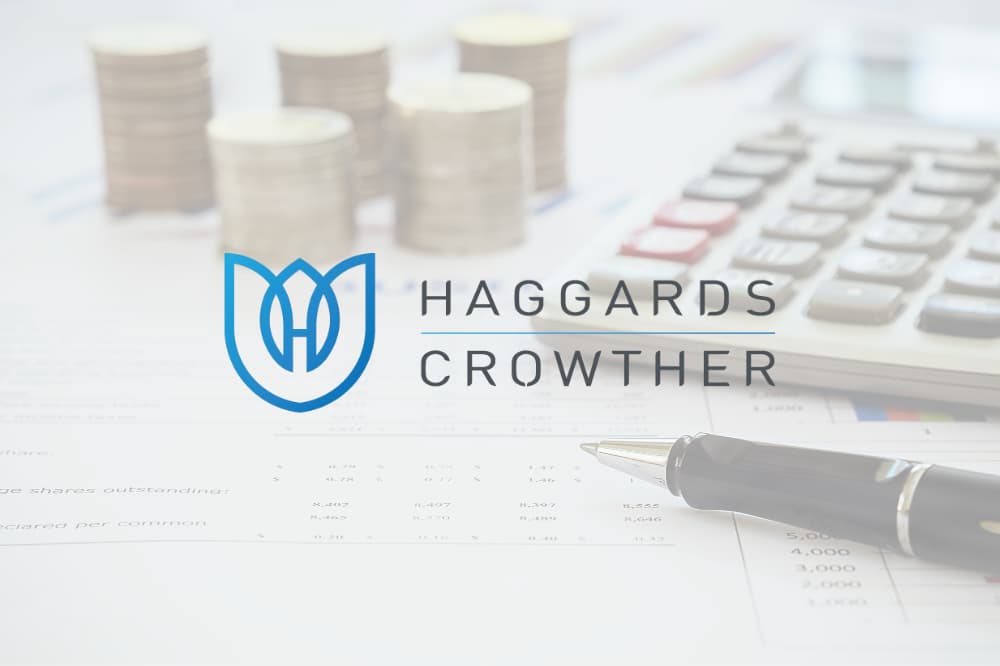
When Do I Pay Capital Gains Tax?
8th September, 2025
When it comes to taxes, there’s a lot of information to read, figures to calculate, and timely payments to make. Capital Gains Tax is no different.
It’s important to stay on top of which taxes you’re expected to pay, as well as when you need to pay them. Knowing these figures and keeping track of when they’re due is the best way to avoid hefty fines from HMRC landing on your doorstep.
To help you make sense of this specific tax, we’ll explore what the Capital Gains Tax is, when you pay capital gains tax, as well as how to calculate it.
What Is Capital Gains Tax?
Capital Gains Tax is a payment owed if you sell, trade, or, by other means, give away an asset or assets and earn a profit from doing so.
Not all profit is taxed; it’s only if your total yearly profit on all sales combined exceeds the current tax-free allowance of £3,000 that you may be charged Capital Gains Tax, according to the UK government.
Capital Gains Tax only applies to certain eligible items. Most owned or inherited pieces classed as capital assets can incur Capital Gains Tax if the profit meets the threshold. Some of the most common capital assets include:
- A house
- Shares in a company
- Antiques
- Jewellery
- Cryptoassets (cryptocurrency, bitcoin)
- Paintings
- Coins and stamps
Capital Gains Tax is for individuals only. If you’re a business owner looking into Capital Gains Tax, then let us put your mind at ease – businesses do not pay Capital Gains Tax. Instead, they pay corporation tax.
When Do I Have to Pay Capital Gains Tax?
You may have to pay Capital Gains Tax if you sell eligible items and earn a total profit of more than £3,000 by the end of the tax year.
Capital Gains Tax is charged only on the total yearly profit you make from the sale, disposal, or exchange of all items combined, not on each individual item’s sale price.
For example, if you purchase shares in a company and a collection of stamps totalling £5,000 together, which you later sell for £15,000 total, then you’ve made a £10,000 profit – it’s this profit beyond the £3,000 exemption you may be taxed on.

However, this differs slightly on the sale of personal property that falls under the category of a ‘chattel’. Even if the profit exceeds £3,000, items known as chattels are tax-free up to the sale amount of £6,000. Chattels are typically items that fall under the following categories:
- Jewellery
- Furniture
- Electronics
- Collectables (i.e, stamps, antiques, coins)
- Classic, collectable, or business-use vehicles (personal cars are exempt)
Understanding exactly when you have to pay Capital Gains Tax can be tricky. Here at Haggards Crowther, we’re happy to determine exactly what items you owe Capital Gains Tax on for you, as well as how much you owe. Get in touch with us today to see how we can help.
How To Calculate Capital Gains Tax
Determining the Capital Gains Tax you owe can be tricky, especially as there are different rates to take into account, too. Let’s take a look together at how you can calculate the amount you owe.
To calculate Capital Gains Tax accurately, you need to know which tax band you fall under. Your Capital Gains Tax band will be the same as your income tax band – basic, higher, or additional.
Once you know this, you can use the following steps to calculate your Capital Gains Tax:
- First, tally up your total gains for the tax year on sold eligible items by adding up the profit made on each sold piece.
- Then, minus the £3,000 tax-free allowance from your total taxable gain. This allowance is applied once to the full profit income of all items sold, and not to each individual item.
- With that amount calculated, you can then work out what percentage cost you need to pay based on your tax band and asset type.
If you’re unsure which tax band you fall under, you can head over to the UK Government website to determine your bracket. Additionally, to know more about the percentage owed on different asset types, check out the .gov page detailing Capital Gains Tax rates.
When Are Capital Gains Tax Payments Due?
Now you know when you need to pay Capital Gains Tax, as well as how to calculate the figure owed, you may be wondering the date the payment is due.
You have to pay Capital Gains Tax by 31 January of the following tax year in which the sales took place.
To put this into simpler terms, if you sold your items between April and July of 2025, then your Capital Gains Tax payment will be due by 31 January 2027, as the tax year runs from 6 April to 5 April. It’s important you file before this date to avoid any late payment fines.
Haggards Crowther Can Help With Your Capital Gains Tax
Here at Haggards Crowther, we’re all about making your finances simple and manageable.
If you want help calculating Capital Gains Tax or need assistance when it comes to filling out the relevant forms, then give our team a call. We’re more than happy to assist you with any of your financial needs.
You can contact our main office via phone on 020 7384 0920 or send an email to our enquiries line at enquiries@haggards.co.uk.
Alternatively, discover how Capital Gains Tax applies to inheritance tax planning in the UK or ways to reduce your Capital Gains Tax on our website.





